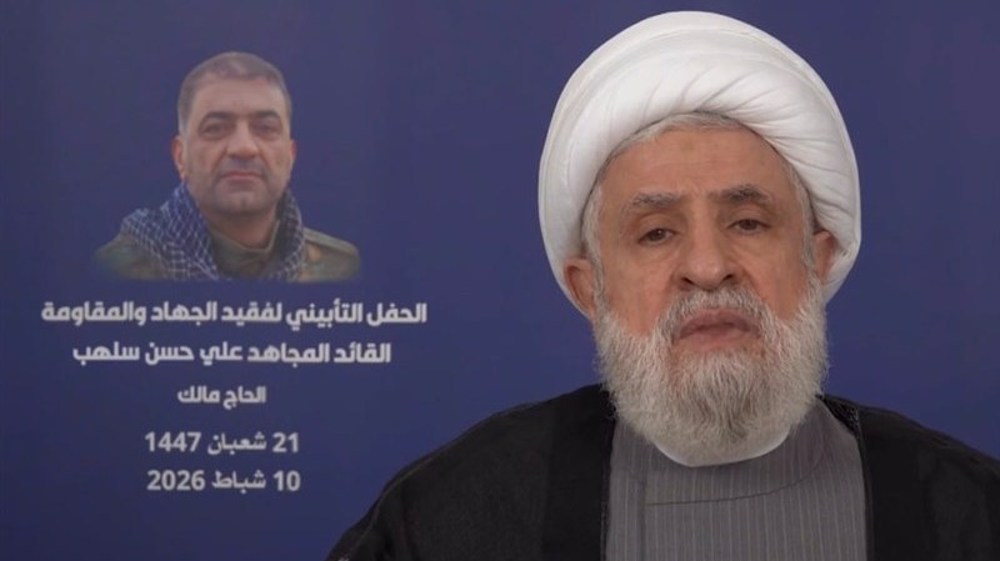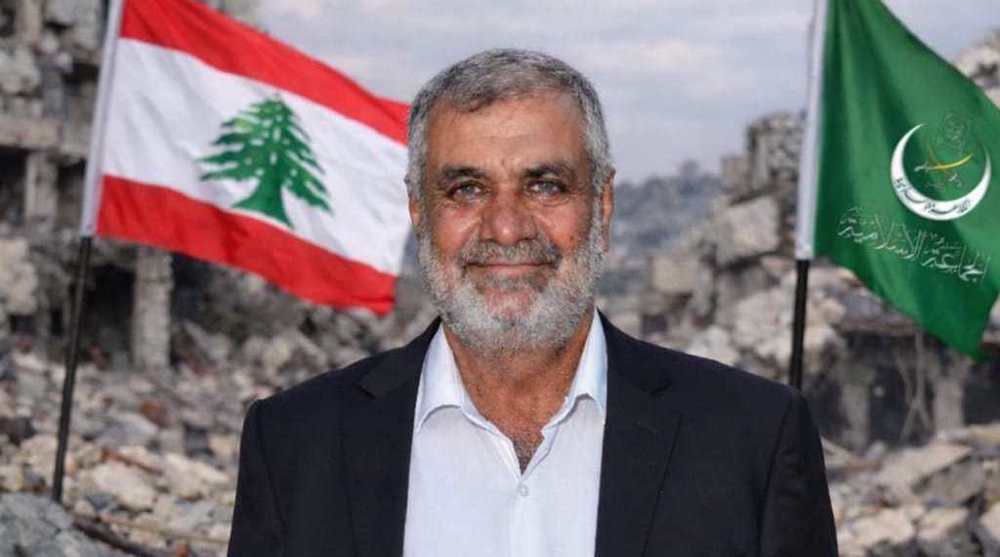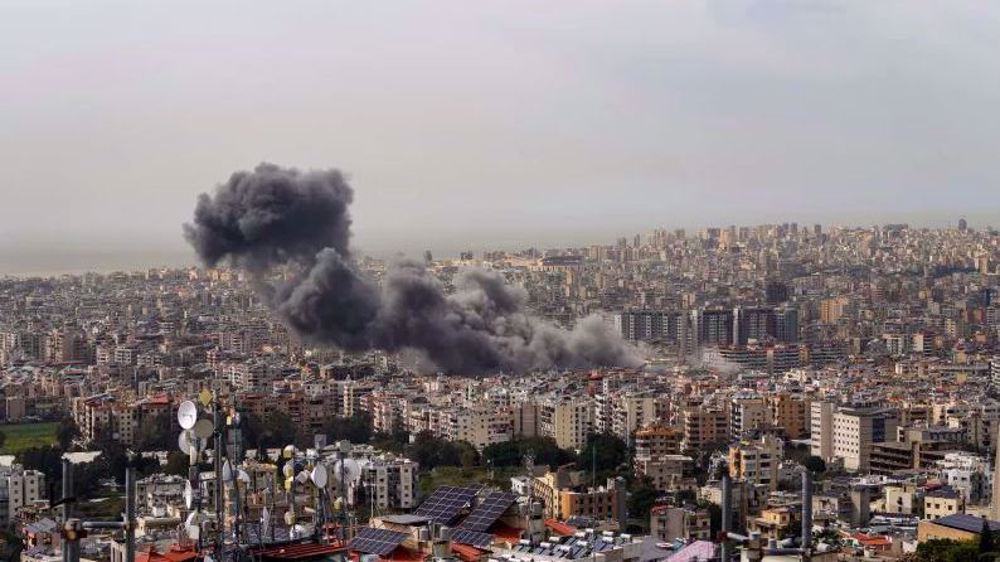Lebanon summons US Ambassador over comments against Hezbollah
Lebanon’s Foreign Minister Nassif Hitti has summoned the US Ambassador to Beirut to call for non-interference in the internal affairs of his country, in the wake of recent accusations made by the American diplomat against Hezbollah resistance movement.
The Beirut-based Arabic-language al-Mayadeen television news network reported that Hitti will meet with Dorothy Shea at 3:00 p.m. local time (1200 GMT) on Monday to inform her that, under the Vienna Convention on Diplomatic Relations of 1961, an ambassador must not interfere in the domestic affairs of another country, and that her speech must not seek to pit the Lebanese people against each other.
The Vienna Convention on Diplomatic Relations is an international treaty that defines a framework for diplomatic relations between countries.
Government sources, speaking on condition of anonymity, also told al-Mayadeen that “the Lebanese government has not made any apologies, and it respects the independence of the judiciary and the freedom of the media.”
On Saturday, Lebanese judge Mohamad Mazeh in the southern city of Tyre banned local and foreign media outlets from interviewing the US Ambassador for a year, after Shea told Saudi-owned al-Hadath television news network that Washington has “great concerns” over Hezbollah’s role in the government.
Mazeh said Shea's comments incited sectarian strife and threatened social peace.
The judge noted he acted after receiving a complaint from a citizen who considered the US ambassador’s comments “insulting to the Lebanese people.”
Mazeh wrote that the media, which interview Shea, “would be contributing intentionally or unintentionally to the blatant aggression on the rights of those who feel insulted from the interview.”
He underlined that violators would be penalized with a one-year suspension and asked the Information Ministry to disseminate the order.
Information Minister Manal Abdel-Samad also wrote on her official Twitter page that the judiciary may be reacting to the interference of some diplomats in the country's affairs.
‘Mazeh not referred to Judicial Inspection Board’
Later on Sunday, Lebanon’s State Prosecutor Oueidat denied that he had referred Mazeh to the country’s Judicial Inspection Board over his controversial ruling.
This came after Mazeh pledged on Sunday that he would resign should he be questioned over his controversial ruling against the US ambassador.
"Some news websites have reported that Mr. State Prosecutor Judge Ghassan Oueidat has referred me to judicial inspection over ineligibility. I have not been informed of anything in this regard," Mazeh said in a statement.
He added, “Should the issue turn out to be true, and before being referred to inspection over a ruling I issued with a clear conscience and full conviction... I hereby submit a request to be relieved of my duties at the judiciary, which I will officially submit on Tuesday."
Hezbollah’s growing popularity in the Arab and Muslim world after the resistance movement shattered the Israeli military’s myth of invincibility during the 33-day military offensive on Lebanon back in the summer of 2006 has been a matter of serious concern for the Tel Aviv regime and its Western allies.
The resistance movement’s heroic defense as well as its vehement opposition to any foreign intervention in Lebanon’s domestic affairs has turned the group into a major stakeholder in the country’s political and military domains.
Some have described Hezbollah as the most powerful Arab army in the wake of its engagement in the fight against foreign-sponsored militancy in Syria.
The United States and its Persian Gulf allies have imposed sanctions on Lebanon’s economic assets and figures for alleged cooperation with Hezbollah.
Iran received no concrete US proposal in Oman talks: Security chief
Nouri al-Maliki defends Hashd al-Shaabi as inseparable part of Iraqi security system
British PM Keir Starmer faces calls to resign
Iran’s Kowsar satellite beams Islamic Revolution anniversary message across region
VIDEO | Press TV's news headlines
VIDEO | Indian regions celebrate Iran’s Islamic Revolution anniversary
Iran’s missile program will never be on negotiating table: Shamkhani
Hezbollah: 47 years of Iranian progress proof of ‘abject failure’ of Western plots












 This makes it easy to access the Press TV website
This makes it easy to access the Press TV website